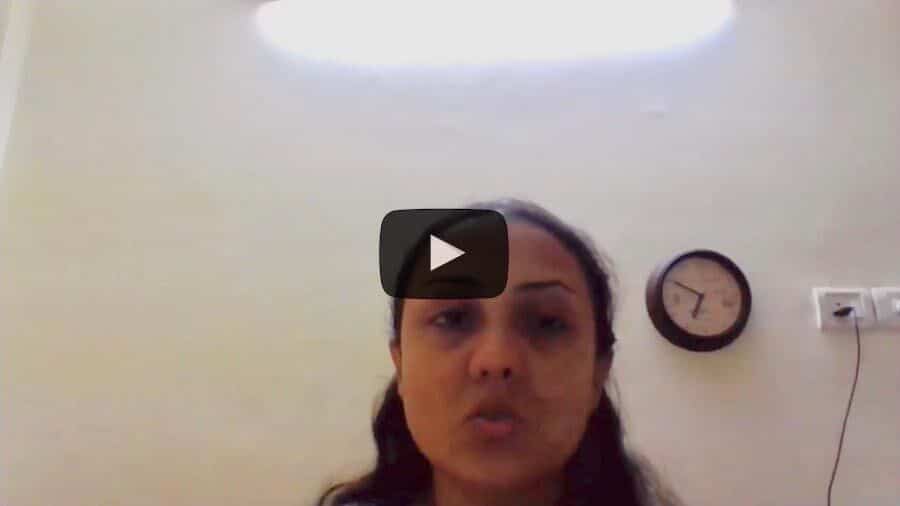Not an IASC member yet? Please follow this link to see membership options and benefits.

Abstract
In an exploration of the perceived socio-ecological linkages with the commons, this study discusses the idea of environmental placemaking or the collaborative practices which transform physical natural spaces into shared neighborhood commons. Practices of environmental placemaking can be multiple, embodying complex and often disparate comprehensions of nature.
Based on our field observations from a lake called Saul Kere in peri-urban Bengaluru, we attempt to derive a deeper understanding of the role that environmental placemaking plays in shaping the urban commons in cities in flux. We draw on interviews with a range of people visiting and working at the lake-site. We observe that the nature of connect that these people have with the lakes is contrasting yet fascinating, throwing light on the diverse ways in which placemaking is interpreted within environmental action and activism.
It is intriguing to observe how natural spaces within the boundaries of a proliferating city like Bengaluru are imbibed within a range of social relations, which although disparate, are collectively instrumental in making the lake a part of the urban commons. We show that instead of isolated and sectoral attempts, collaborative practices of placemaking sustained by communities can restore common ecological spaces, like the Saul Kere lake in peri-urban Bangalore, that are otherwise endangered by urbanization and associated threats of degradation.